© 2026 ALLCITY Network Inc.
All rights reserved.

The Sixers simply didn’t have enough to beat the Timberwolves without Joel Embiid on Wednesday night, falling 112-99 in a game that they trailed from the start and never got over the hump in.
Here’s what I saw.
The Good
— Tobias Harris has spent most of this season as the Sixers’ third-best guy on a team with two headline stars. It can be hard to offer proper appreciation for him as you’re trying to highlight the exploits of two bonafide All-Stars. But this is the sort of game that highlights everything Harris can bring to the table on his best nights, and why he can be an immensely valuable contributor on a good team.
It’s overly simplistic to credit Harris’ strong night to a product of aggression, because as something closer to a No. 2 option on Wednesday, he was able to run offense that he’d rarely get chances to on a normal night. Nick Nurse put him in some additional pick-and-rolls and dribble handoffs that would usually be reserved for the Maxey/Embiid combination, and Harris made excellent use of those. He got to his spots from the midrange, and when the Timberwolves tried to wall him off, he made smart, simple reads to hit other guys around the perimeter. Marcus Morris and De’Anthony Melton were just a couple of players who benefitted from his decision-making, getting open looks from deep off of Harris drive-and-kicks.
But yeah, the aggressiveness was important, too. Harris has been a force in transition this season, bodying smaller players and coasting past bigger ones, and he did a great job of throwing his weight around in early offense against Minnesota. Perhaps he has been taking grifting lessons from Joel Embiid and James Harden over the last two years, because he also managed to get Wolves players jumping at him to earn some trips to the charity stripe.
I thought he needed to be more involved in the second half, with the Wolves loading up on Maxey and bogging down the offense. But on a team led by a guy who misses a handful or two of games even during a good year, Harris’ ability to scale up and play efficient offense in a bigger role is definitely underappreciated.
— Free throws are the great offensive equalizer, a way for good players to shake off tough nights and for bad teams to play through cold outings. And that was certainly true for the Sixers in this game, as it felt like the only way they could keep pace with the Wolves after a brutal open.
At halftime, the Sixers were 16/42 from the field, 3/14 from three, and they had more than double the number of turnovers (eight to Minnesota’s three). Two factors loomed large: the margins on the offensive glass (10-6 in favor of Philly) and at the line (14/17 for Philly vs. 10/11 for Minny).
— By and large, I think the Sixers competed about as hard as could be expected in the circumstances. If you look around the league at how other teams fared in their own back-to-backs, in fact, they come out looking a lot better. The Cavs got absolutely boatraced by the Heat, for example, after playing the same long, grueling game the Sixers did a night prior.
Better execution in the first quarter, and I think this one might have turned out differently.
The Bad
— The book on Tyrese Maxey appears to be out. Show him extra bodies, get into his chest, and make him play through as much physicality as you can legally get away with. Do that, and you’re going to go a long way toward slowing him down, even if some of it is due to Maxey taking himself out of the game.
A thought I had watching this one is that I wish Maxey had a bit more of De’Anthony Melton in him, but only the part of Melton that sees a shot opportunity on the perimeter and seizes it immediately. The Wolves did not afford Maxey a lot of space in this one, but he did a poor job of capitalizing on the gaps he did have to hit. There were a few times where he turned the corner on a handoff or pick-and-roll and probably had a shot opportunity, only to psych himself out of it and ultimately steer the offense into a worse look. He was 0/5 from three, and I wish he would have gotten another 4-5 up anyway. They were never going to have a chance in this game if Maxey played gunshy.
Minnesota is a tough puzzle to solve right now, and the last two games have been unique with multiple bigs waiting at the rim if Maxey could get by bigger defenders at the first level. Still, he is relying far too heavily on runners and floaters right now, which is one of the few things Doc Rivers and I were in lockstep on. Maxey has to get all the way to the rim more even if there are some ugly results challenging someone like Rudy Gobert.
— I’m not entirely sure how the Sixers ended up on the positive side of the free-throw contest in half one, because they were on some straight-up nonsense defending the ultra-big Wolves. I actually have some sympathy for them in this case, because I’m not sure what Marcus Morris, for example, is supposed to do when defending Rudy Gobert on a lob, or Karl-Anthony Towns as he rumbles down the lane.
That being said, there was quite a bit of lazy swiping at forearms and I was surprised they didn’t get punished harder by the officials. Chalk it up to the product of a tough back-to-back after an overtime game.
— On the one hand, I think Marcus Morris starting ended up being better on offense than I could have expected. The vision was pretty clear, with Nick Nurse hoping to drag Minnesota’s two bigs out to the three-point line and make them defend in space. To Morris’ credit, he went on a one-man run to open the second half where he tortured Rudy Gobert, punishing him for leaving him on the perimeter and doing a great job attacking closeouts once the Wolves started to respect him as a shooter.
Unfortunately, I thought Morris gave back all of those points and then some on the defensive end. Being too small to defend certain actions is completely understandable, but Morris compounded the size deficit he was working from with poor awareness in space. He constantly let guys get behind him and then his best attempt to make up for it was wildly swinging his arms at the driver/cutter on their way to the rim. Not going to get it done.
The Ugly
— I am pretty close to being completely out on Patrick Beverley. He can’t hit a standstill three, commits stupid fouls basically every night, and is no threat to create offense off-the-dribble at this point in his career if he ever was a threat there to begin with.
— The first quarter of this game was pretty easily the worst quarter of Philadelphia’s season, a trainwreck of miscues, missed shots, and role players needing to do far too much. You could not have done a better job of illustrating Joel Embiid’s value if you were actively trying to do so — it sure helps to be able to throw the ball to a seven-foot scorer who can take the pressure off of everyone else.
While having a lot of depth is great on paper, your depth is going to look pretty bad when they don’t have the stars to anchor them. There were some absolutely comical shots and turnovers from the Sixers through the opening 24 minutes, including a Patrick Beverley…shot? I think? that I’m not sure I could describe with the written word. It was so bizarre that as of this writing, I’ve yet to see someone clip it. Burn the tapes, if they’re available.
I was more disappointed in a few guys than I would have expected coming in. It has been a bit of a rough week for Nic Batum, an intelligent player who had several total brain cramps during this game. He and De’Anthony Melton failed to connect on a basic inbounds pass after a made Wolves basket in the first half, gifting Minnesota an extra possession they damn sure didn’t need.
The kindest view of this would be saying these guys were all tired, physically and mentally, and I’m okay with that making up some of the explanation. The one good thing about the In-Season Tournament schedule relenting is that they should end up in fewer back-to-backs for a bit. But it didn’t help this game look any less ugly.
Comments
Share your thoughts
Join the conversation




